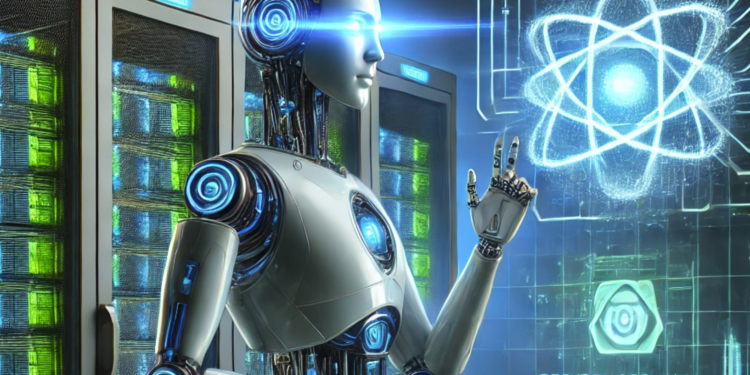In today’s fast-paced software development landscape, DevOps has revolutionized the way organizations build, test, and deploy applications. However, as DevOps speeds up the software development lifecycle (SDLC), it also introduces new security challenges. This is where Artificial Intelligence (AI) and Machine Learning (ML) step in to bolster security, ensuring that fast-paced DevOps pipelines remain resilient, secure, and compliant.
The Role of AI in Secure DevOps
AI-driven solutions are transforming DevOps by automating security processes, detecting threats in real-time, and reducing vulnerabilities before they reach production. Traditional security measures often struggle to keep up with the rapid iteration cycles of DevOps, but AI’s ability to analyze large datasets, detect anomalies, and predict threats makes it an invaluable asset for Secure DevOps (DevSecOps).
1. Automated Threat Detection and Response
One of the biggest challenges in DevOps is identifying and mitigating security threats early in the SDLC. AI-driven security tools continuously monitor codebases, detect vulnerabilities, and flag security risks in real time. Unlike manual security checks, which are often time-consuming and prone to oversight, AI can analyze vast amounts of data at scale to identify unusual patterns, unauthorized access, or potential breaches.
For example, AI-powered Intrusion Detection Systems (IDS) can scan code repositories and detect anomalies, such as unexpected changes in configurations or unusual API calls that may indicate a cyber threat. AI can also integrate with Security Information and Event Management (SIEM) systems to automatically block threats and recommend fixes before they escalate into critical security incidents.
2. Intelligent Code Review and Vulnerability Assessment
AI-driven static and dynamic code analysis tools can scan thousands of lines of code within seconds, identifying hardcoded credentials, weak encryption methods, and other security flaws that could be exploited. By integrating AI into the CI/CD pipeline, developers receive instant security feedback, allowing them to remediate vulnerabilities before deployment.
Moreover, AI continuously learns from past security incidents and industry-wide vulnerabilities, making it more effective over time in recognizing new attack vectors that may not yet be widely known.
3. Automated Compliance Monitoring
Regulatory compliance is a major concern for organizations operating in industries like finance, healthcare, and government. AI-driven compliance monitoring tools ensure that DevOps processes align with security regulations such as GDPR, HIPAA, and ISO 27001.
AI can scan infrastructure configurations, access logs, and deployment processes to detect compliance violations and recommend corrective actions. This reduces the risk of costly fines and ensures that security best practices are followed throughout the DevOps pipeline.
4. Predictive Analytics for Risk Management
By analyzing historical data and security logs, AI can predict potential security risks before they occur. AI-driven risk assessment models help organizations prioritize vulnerabilities based on their impact, exploitability, and likelihood of occurrence.
For example, AI-powered behavioral analytics can detect when a developer account exhibits unusual activity, such as unexpected file modifications or unauthorized access attempts, indicating a potential insider threat or compromised account.
Conclusion
AI is revolutionizing Secure DevOps by enabling real-time threat detection, intelligent vulnerability management, and automated compliance enforcement. By integrating AI into DevOps pipelines, organizations can achieve faster deployments without compromising security.
As cyber threats continue to evolve, the combination of AI, DevOps, and security automation will be essential in building resilient software ecosystems that can withstand modern cybersecurity challenges. AI-driven Secure DevOps is not just the future—it’s the present.


















